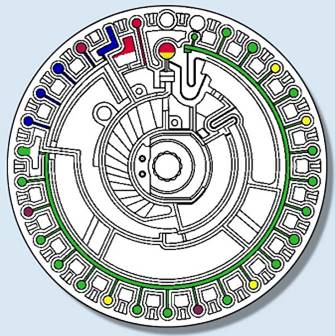
2021-11-05
Automatic biochemical analyzer new reagents why should be calibrated? This is because in clinical testing, the operator may mix some biochemical analysis reagents with different lot numbers. Although this is convenient and can save costs. But no matter which instrument manufacturer and which reagent. Because of the different batch numbers and dates, there are bound to be differences, thus affecting the test results.
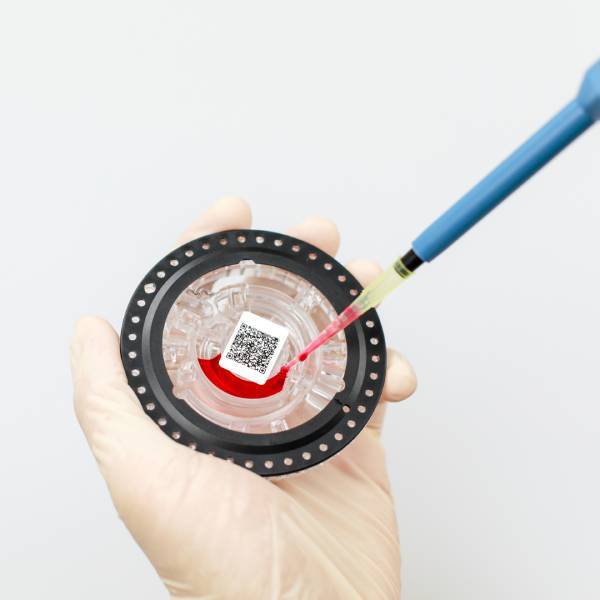
2021-11-04
Microfluidic chip technology is the cornerstone of biochips. It integrates the processes involved in sample pretreatment, biochemical reactions, sorting and detection in the fields of chemistry, biology and medicine into a few square centimeters of chip through multidisciplinary intersection.
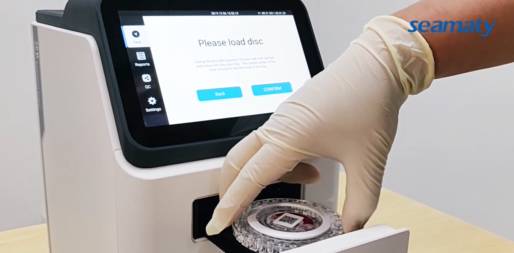
2021-11-04
Among the assay measurements for biochemical analysis, enzyme determination is more complex. It requires higher conditions and is more difficult to test. Generally, as long as the determination of enzymes is accurate and reproducible, the determination of other items in fully automatic biochemical analyzers is generally not a problem.
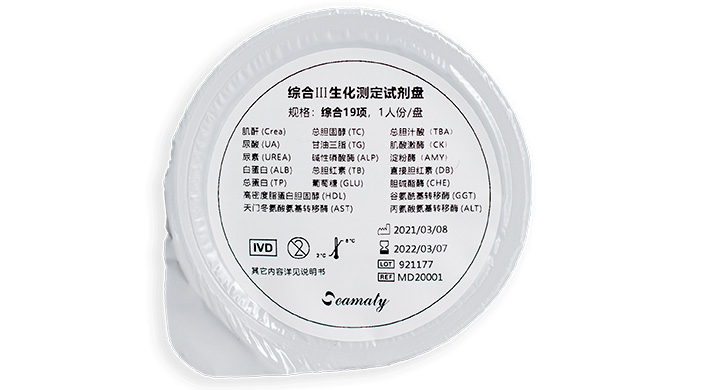
2021-11-02
The following five methods are commonly used to eliminate interference between biochemical analyzer reagents. 1. To reduce the mutual interference between reagents. Biochemical machines should be properly maintained on a regular basis.
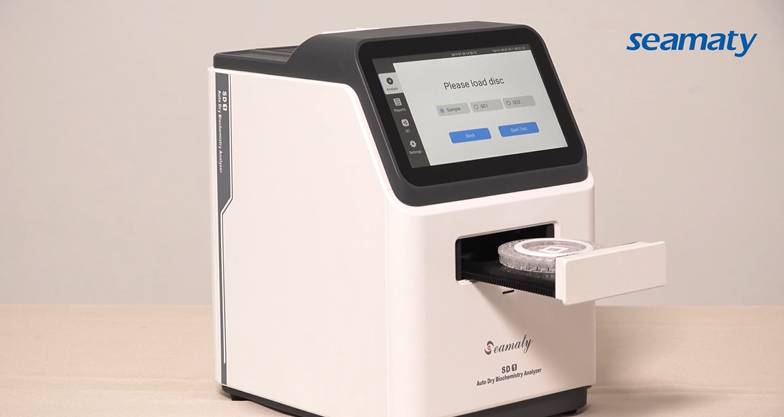
2021-11-02
In the previous article we learned about 10 reasons why biochemistry analyzer reagents interfere with each other. If the results of biochemical tests are inaccurate. So many possible causes, so which one is affecting the test results? How to troubleshoot it?
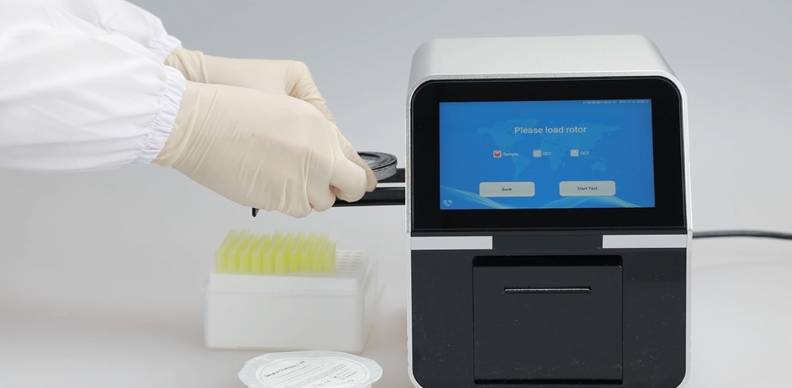
2021-10-28
Diagnostic Tests In Lab include a series of blood and urine tests. Blood tests may include testing for genes (inherited diseases) or determining the amount of oxygen in the blood. Urine tests may check the blood, chemicals, bacteria and cells for infections or other abnormalities.